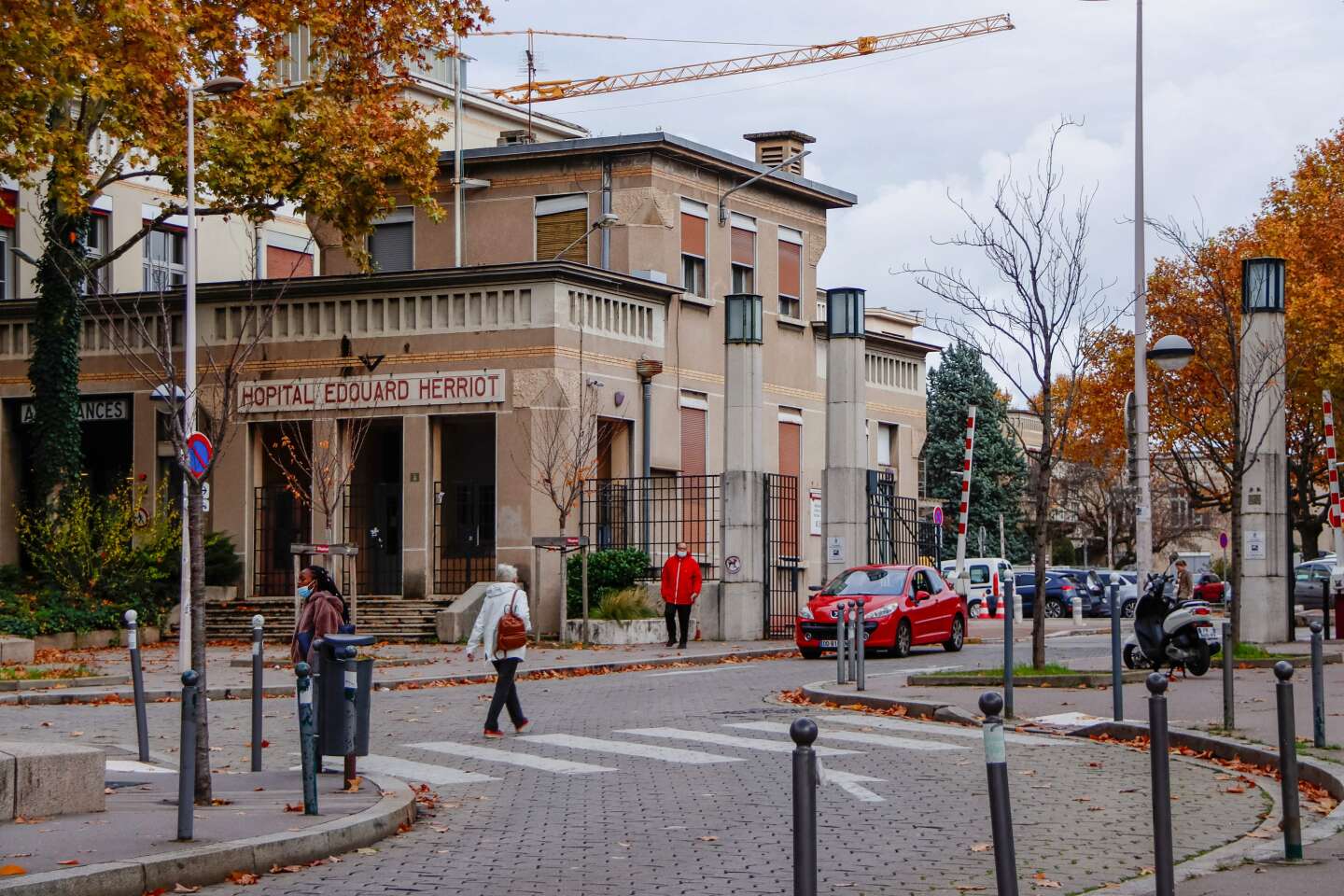
Elise, Marie, Léa, Juliette, Célia, Oriana… About ten of them will participate this Monday in mid-December in their first group psychotherapy sequence offered by the Center for Emotional Regulation (CARE), an innovative place and system that opens was, in March 2022, in Pavilion M of the Edouard Herriot Hospital in Lyon (Hospices Civils de Lyon). The same building that houses the psychiatric ward the crisis.
The proximity is no coincidence: all – or almost – of these young women (whose first name has been changed) gathered in the activity room on the first floor of the building at 2 p.m Emergency hospitalization for a suicidal crisisbefore you get here. Very young women – half are between 18 and 20 years old, the oldest is 27 years old – have something else in common: they were diagnosed with borderline personality disorder during previous hospital stays.
This disorder, which was mentioned in 1938 by the American psychoanalyst Adolph Stern and whose understanding model has evolved significantly since the 1980s, is still little known. However, it occurs in 9% of people presenting in emergencies (medical and psychiatric) and in 20% of patients hospitalized in psychiatry, explains the pair of caregivers who open the session, the psychiatrist Emeline Houchois and the nurse Aurane Savolle . A way to anchor their psychological suffering in a shared reality without trivializing it.
This first sequence is followed by around twenty more over a period of six months, offered on a voluntary basis and organized in several cycles or modules: initially four introductory sessions on understanding borderline disorder, then five sessions on “stress tolerance”, followed by six others on the topic of “interpersonal effectiveness” (better reactions to psychological disorders), and finally six sessions, again on the topic of “emotional regulation” (development of coping strategies). calming in crisis situations).
At each meeting the speakers change – doctors, nurses or psychologists, all of whom have been intensively involved in the program since its inception. But the same “common thread”: involve patients in this treatment path as much as possible so that they can understand their disorder. “The aim is to put them in the position of therapy actors, almost co-therapists, according to the principle of psychoeducation. to relieve discomfort and avoid suicidal repetitions. But also to provide a path to healing in a collaborative relationship that they can pursue independently.”, explains psychiatrist Charline Magnin, who launched the CARE system.
You still have 71.07% of this article left to read. The rest is reserved for subscribers.





